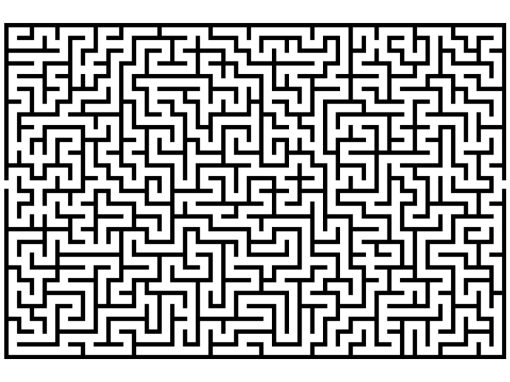Petition for Review Filed in T 116/18
When the referring board’s written decision was issued in the case underpinning the “plausibility” referral (G 2/21) late last year, it provided much-needed certainty about how the EPO would apply G 2/21 in the future. However, that certainty has been short-lived because the opponent in that case has filed a petition for review of the decision by the Enlarged Board of Appeal.
When the EPO’s Enlarged Board of Appeal issued its decision in G 2/21 (the “plausibility” referral), many were left wondering what the requirements were for a patent applicant/proprietor to be able to rely on post-filed evidence in support of inventive step. However, the referring board’s decision in the case underpinning the referral (T 116/18) cast light on how the EPO was likely to apply that decision moving forwards, and thus it seemed this question had finally been answered (for full details, read our article of December 2023, which can be accessed here).
However, the opponent in T 116/18 has recently filed a petition for review of this decision by the Enlarged Board of Appeal.
If successful, this petition could result in the board’s decision being overturned, which could fundamentally change how the EPO will apply G 2/21 in the future.
The Petition
The opponent’s central argument is that the board in T 116/18 denied the opponent its right to be heard by not explaining its interpretation of G 2/21 during oral proceedings. Instead, the opponent alleges, the board formulated a new legal test in view of G 2/21 and then applied this test without giving the opponent an opportunity to comment on its accuracy.
The opponent gives several reasons in its petition as to why it believes the test formulated by the board in T 116/18 is flawed.
Firstly, the opponent alleges that the board has ignored the word “would” in order no. 2 of G 2/21. Those familiar with the decision will recall that G 2/21 requires not only that the technical effect relied on must be “encompassed by the technical teaching and embodied by the same originally disclosed invention”, but also that the skilled person “would” derive that this is the case.
The opponent also criticises the board for defining “technical teaching” and “originally disclosed invention” without giving the opponent an opportunity to challenge these definitions, and argues that the board failed to correctly understand several of the arguments the opponent made.
Thus, the opponent has called on the Enlarged Board to set aside the board’s decision in T 116/18 and reopen the appeal proceedings for further discussion.
What Happens Next?
Until the opponent’s petition for review was filed, it seemed clear how EPO case law would evolve in this area. Specifically, decision G 2/21 set out fundamental principles to be applied when deciding whether to admit post-filed evidence into the proceedings, and T 116/18 reformulated these principles into a legal test for the boards to use to apply these principles in practice.
However, now that the petition has been filed, it is uncertain whether the decision in T 116/18 will be upheld or overturned. Thus, it is no longer clear whether the test formulated in T 116/18 will be applied by the EPO moving forwards, or whether this test will soon be replaced with a new test altogether.
Therefore, we (like many others in the patent profession) eagerly await the Enlarged Board’s response.









